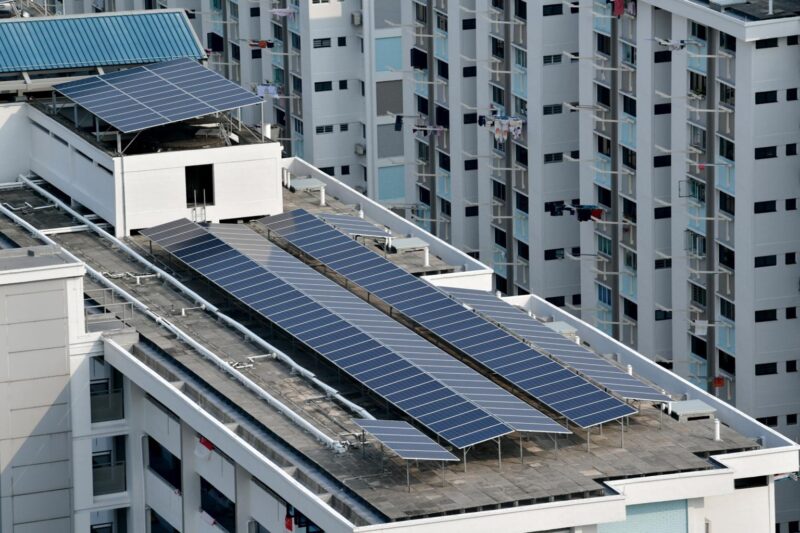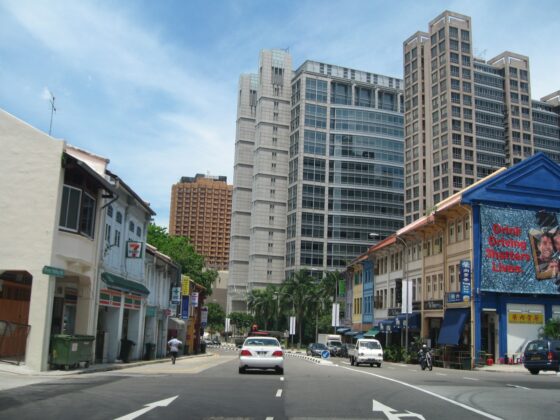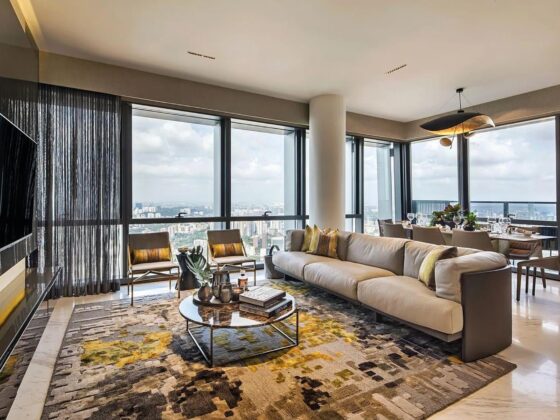Energy efficiency is now a defining element in Singapore’s real estate landscape. As the nation advances toward greener living, both developers and buyers are recognizing that sustainability adds measurable financial and lifestyle benefits. Energy-efficient systems are no longer just modern conveniences—they are value multipliers.
Coastal Cabana is an example of how cutting-edge sustainability can enhance property appeal and market strength. By integrating efficient design and smart technology, such developments demonstrate how environmental responsibility directly translates to long-term value.
1. Reducing Costs and Enhancing Livability
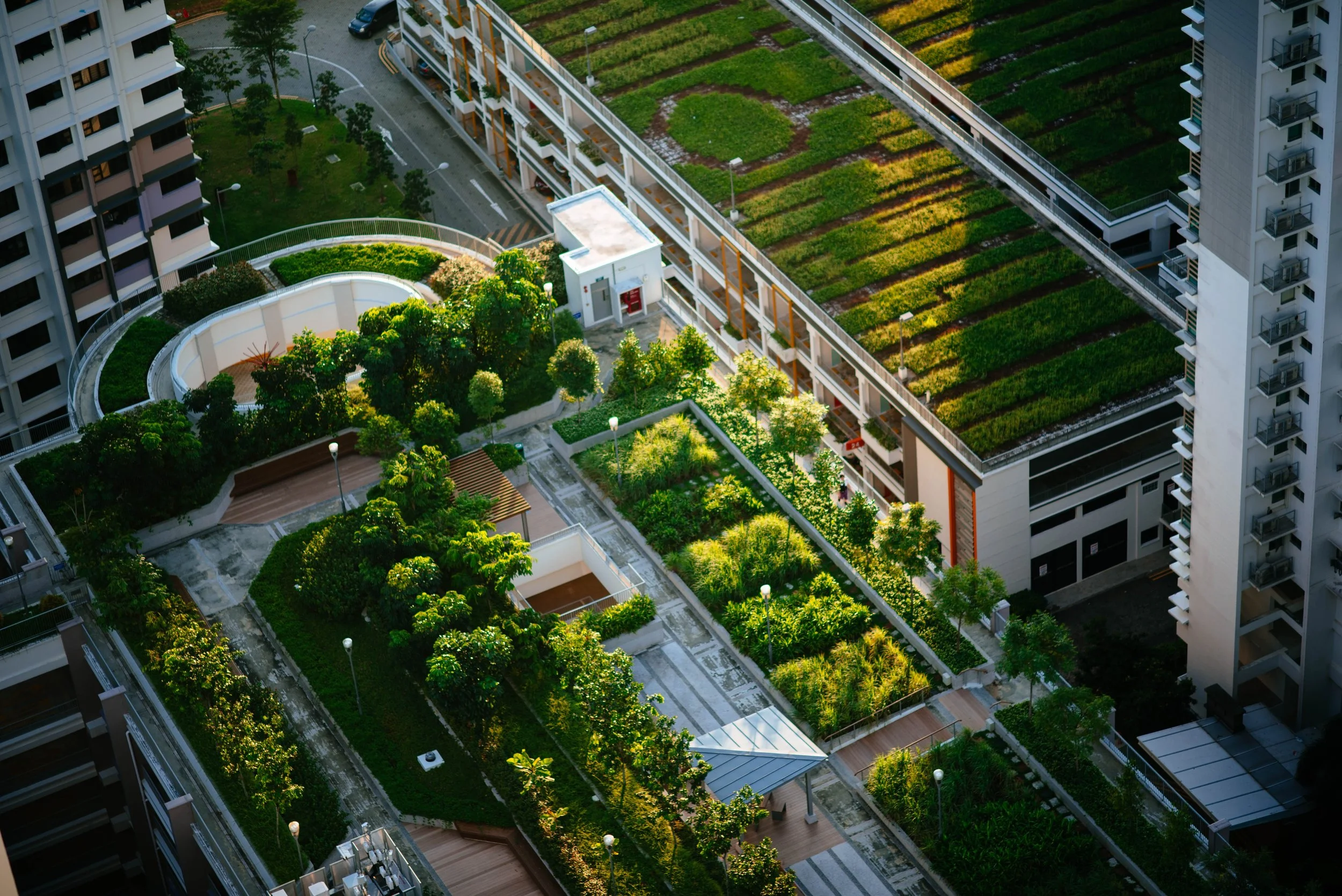
Energy-efficient systems bring immediate cost savings for homeowners. Smart lighting, automated cooling, and advanced insulation reduce electricity use without compromising comfort. In a climate like Singapore’s, where air conditioning is essential, these systems significantly lower monthly bills.
Homebuyers are increasingly prioritizing efficiency as part of their decision-making process. Developments that use solar panels, motion sensors, and water-saving fixtures appeal to both environmentally conscious residents and investors looking for reduced maintenance costs.
Projects like Coastal Cabana show how thoughtful design can create energy savings while improving daily life. Better ventilation, natural lighting, and modern temperature control contribute to a healthier, more comfortable home environment. These features make efficient properties highly desirable in Singapore’s dense urban context.
2. Strengthening Property Value and Market Demand
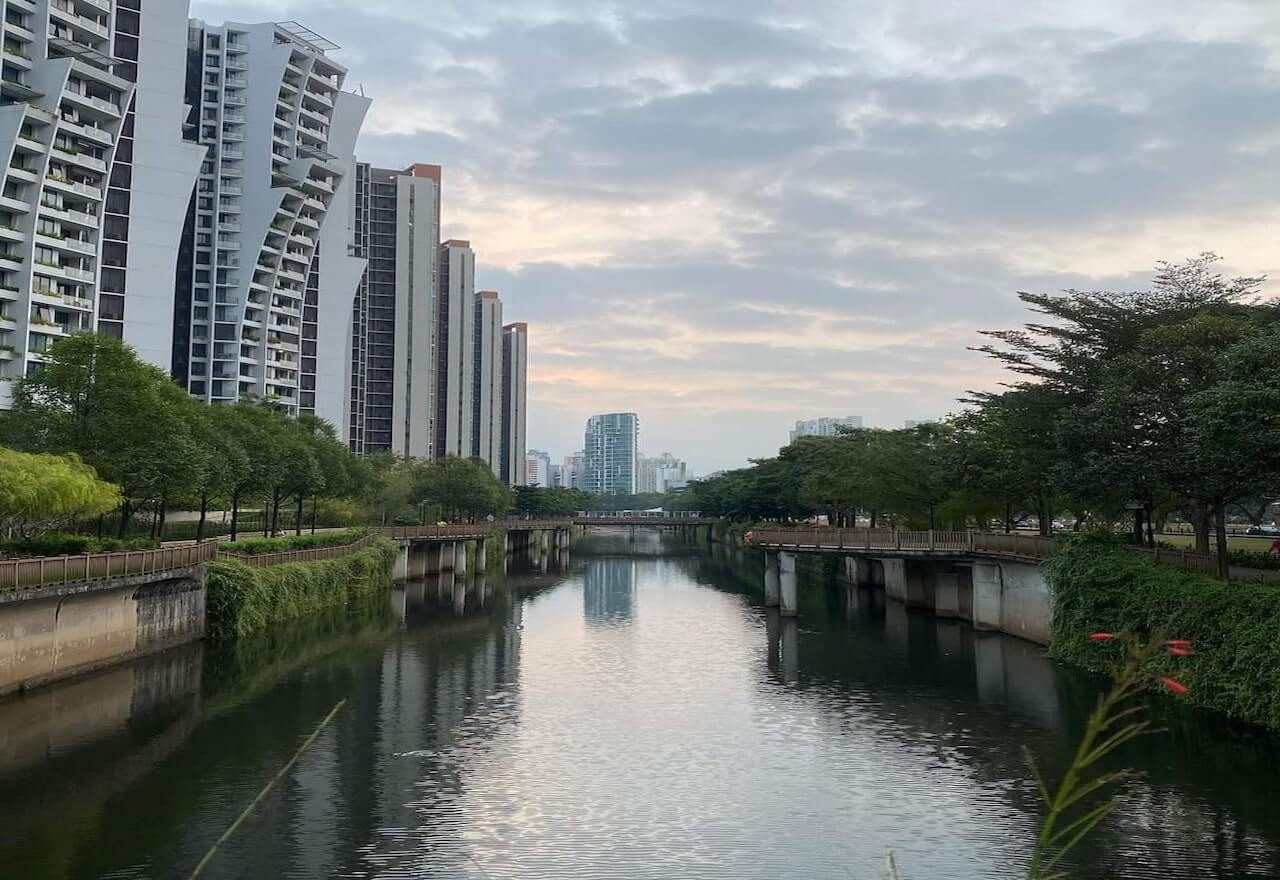
Properties with energy-efficient systems tend to retain and increase their value over time. As sustainability becomes mainstream, buyers are willing to pay a premium for homes that reduce environmental impact and operating costs. Developers that achieve higher energy ratings also gain stronger brand recognition and trust.
Singapore’s Building and Construction Authority (BCA) promotes this trend through its Green Mark certification program. Projects that meet efficiency standards often command better resale prices and enjoy higher rental demand. This certification serves as a clear indicator of both quality and long-term performance.
Investors recognize that such properties are future-proof. As global regulations tighten around energy consumption and carbon emissions, energy-efficient developments are better positioned to meet evolving standards—protecting their value in a changing market.
3. Supporting National Sustainability Goals
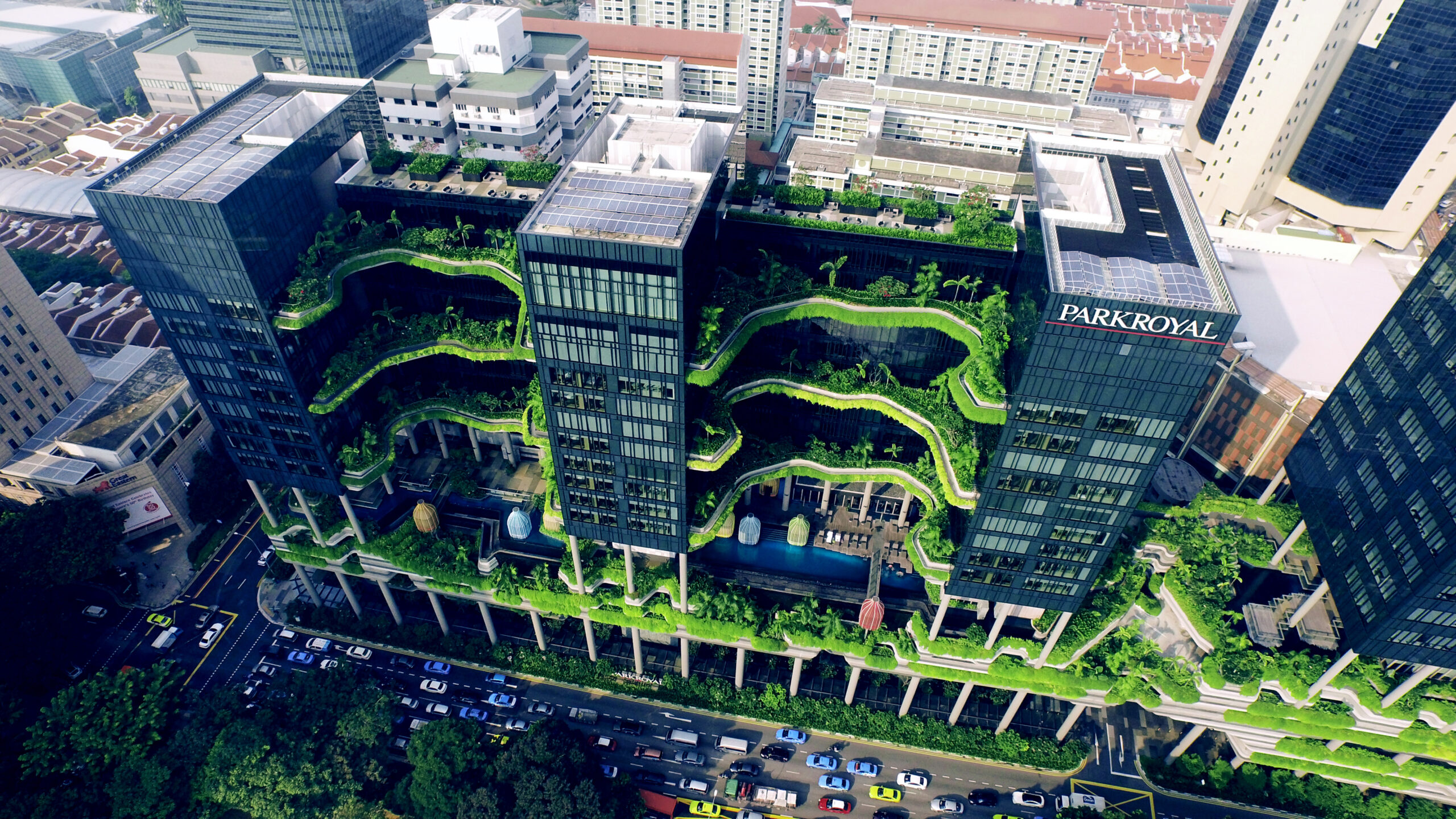
Singapore’s government continues to lead sustainability efforts under the Green Plan 2030, emphasizing renewable energy, carbon reduction, and smart urban growth. Energy-efficient buildings are a cornerstone of this initiative, aligning private development with national environmental priorities.
Developers now integrate energy-saving technologies from the earliest design stages. This includes efficient cooling systems, rainwater recycling, and renewable energy sources. These features not only reduce carbon footprints but also enhance resilience against future energy challenges.
For homeowners, this alignment with national goals brings peace of mind. Living in an energy-efficient home contributes directly to the country’s broader mission of building a cleaner, smarter city. It’s a way to participate in progress while enjoying tangible personal benefits.
Conclusion
Energy-efficient systems have redefined how value is measured in Singapore’s real estate market. They deliver lower costs, better comfort, and stronger long-term appreciation. As both policy and buyer preferences shift toward sustainability, efficiency is becoming a must-have, not a luxury.
Developments like Coastal Cabana embody this evolution—combining smart design, green technology, and comfort to set new standards in modern living. As Singapore continues to prioritize sustainability, properties that embrace efficiency will remain among the most desirable and valuable investments on the market.
